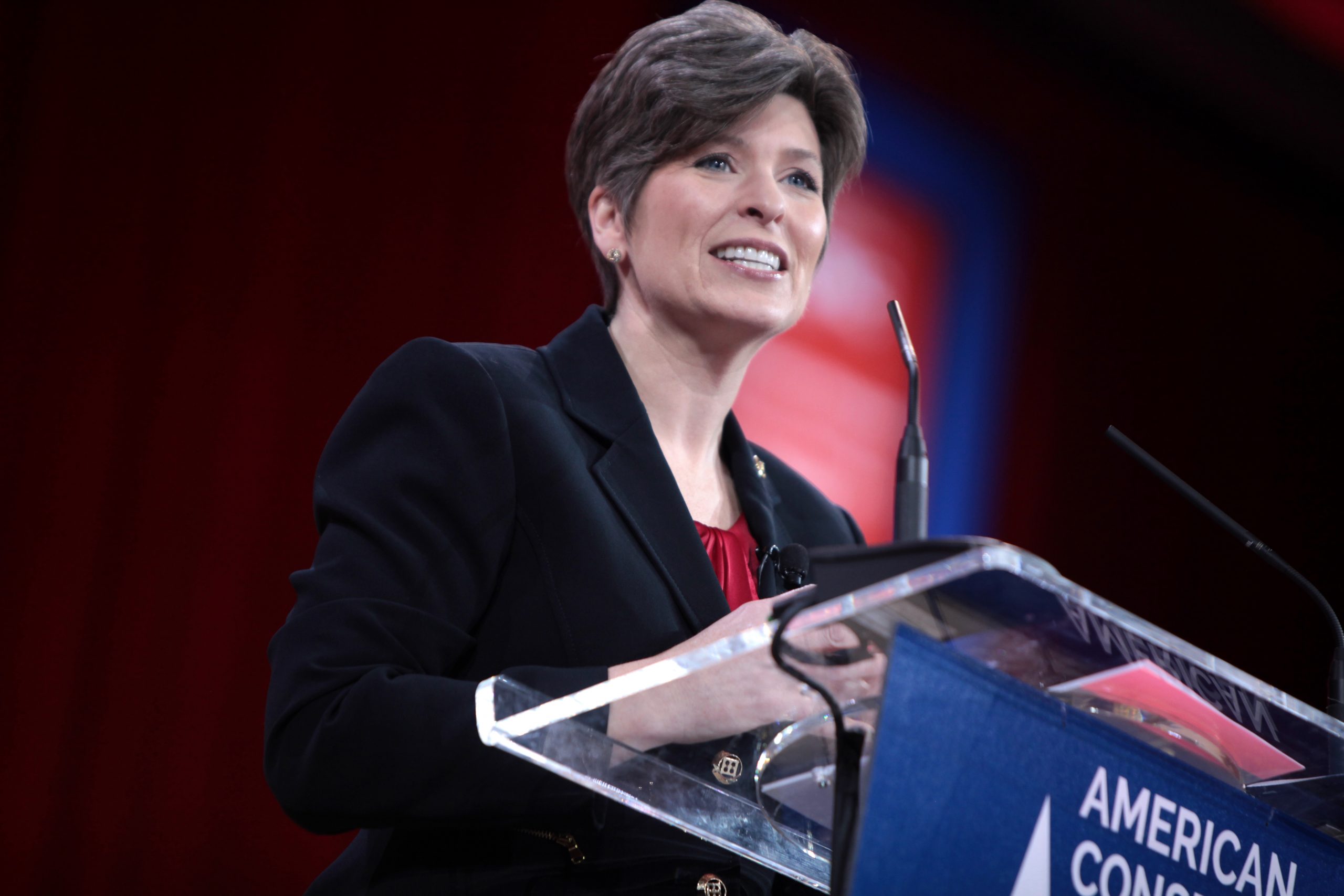Congressional Republicans are pushing back on reports that Russian intelligence operatives placed bounties on U.S. soldiers after they received a briefing from the White House on the matter.
Sen. Joni Ernst (R-Iowa) told reporters on Tuesday, “I think that reporting was absolutely inaccurate. I had a briefing this morning and I know that the evidence is not corroborated.”
“We take threats seriously. At the tactical level, obviously making sure our positions are hardened and we’re watching out for adversaries,” she added.
Several Republican senators were briefed by White House Chief of Staff Mark Meadows and Director of National Intelligence John Ratcliffe on the reports on Tuesday.
Ernst said that briefing was “very informative” and again said she believes the reporting was “very inaccurate.”
Sen. Lindsey Graham (R-S.C.) also weighed in on the reports after the briefing. In a series of tweets, Graham wrote, “Earlier today I received a briefing from the White House’s National Security Advisor, Chief of Staff, and the DNI regarding the New York Times article claiming Russia offered bounties to the Taliban to kill American troops and that President Trump was briefed on these matters.”
In my view, the system worked. At the tactical level, force protection was, as always, a priority and at the strategic level, the intelligence did not warrant presidential briefing or action by our country against Russia.
— Lindsey Graham (@LindseyGrahamSC) June 30, 2020
After the New York Times broke the news on the reported bounties, President Donald Trump said he had not been briefed on the matter.
Ratcliffe confirmed that the president had not been briefed on the bounties, “Neither the President nor the Vice President were ever briefed on any intelligence alleged by the New York Times in its reporting.”
“The White House statement addressing this issue earlier today, which denied such a briefing occurred, was accurate. The New York Times reporting, and all other subsequent news reports about such an alleged briefing are inaccurate,” he added.
"The White House statement addressing this issue earlier today, which denied such a briefing occurred, was accurate. The New York Times reporting, and all other subsequent news reports about such an alleged briefing are inaccurate.” (2/2)
— Office of the DNI (@ODNIgov) June 28, 2020
During a press conference on Monday, White House Press Secretary Kayleigh McEnany explained why Trump was not briefed, “There’s no consensus among the intelligence community and there are, in fact, dissenting opinions.”
On Sunday, Trump said he was not briefed because intelligence officials “did not find this info credible.”
After the briefing, Graham said, “In my view, the system worked. At the tactical level, force protection was, as always, a priority and at the strategic level, the intelligence did not warrant presidential briefing or action by our country against Russia.”
“I completely understand why the President was not briefed, and I completely understand why action against Russia based solely on this intelligence would be unjustified,” he added.
I completely understand why the President was not briefed, and I completely understand why action against Russia based solely on this intelligence would be unjustified.
— Lindsey Graham (@LindseyGrahamSC) June 30, 2020
However, some Congressional Democrats — who also received a briefing on Tuesday — said they want to hear from intelligence officials directly.
“What we need is a briefing by the Intelligence community to give us their assessment of the credibility of this information,” House Majority Leader Steny Hoyer (D-Md.) said, adding, “We did not receive any new substantive information about the intelligence.”
And House Intelligence Committee Chairman Adam Schiff (D-Calif.) said, “The right people to give the briefing really were not in the room.”

























 Continue with Google
Continue with Google